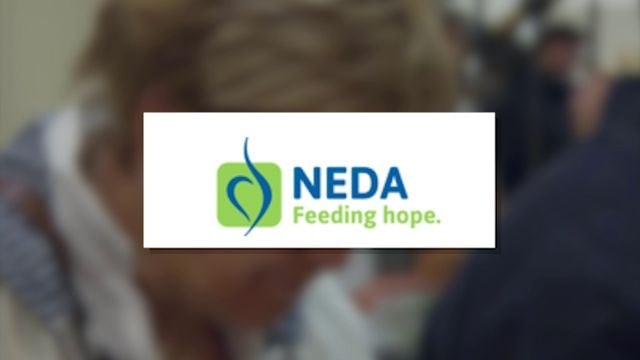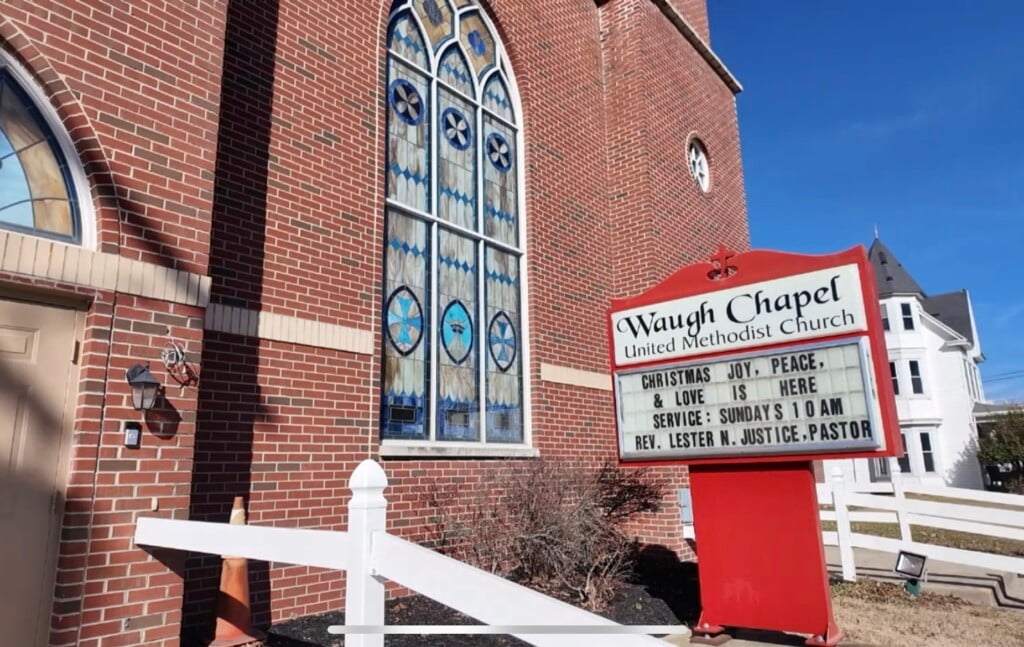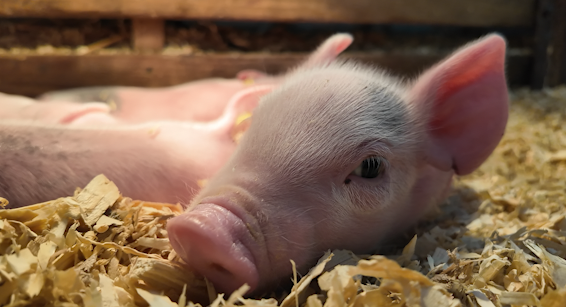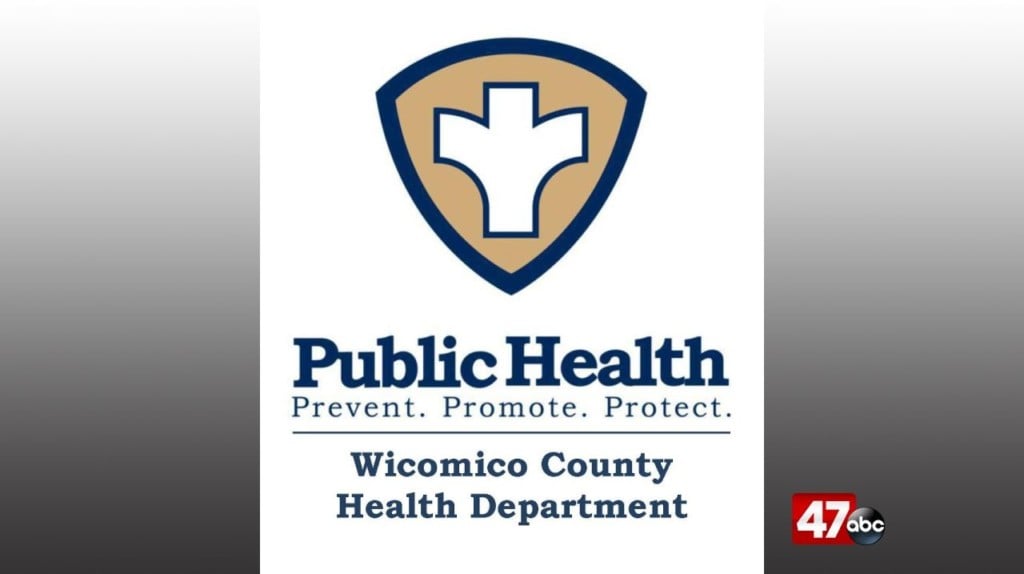Deadly Diets, Part 3: Road to recovery

Having an eating disorder can have a huge strain on someone physically, emotionally and mentally; however, the healing process does not only impact a person with a disorder. It reaches their loved ones, as well.
Ally Gorecki, 18, says she’s about 95 percent recovered from her battle with anorexia and bulimia but it’s taken her and her family a long* time to get there.
47ABC first introduced you to the Gorecki family on Tuesday in part one of our series Deadly Diets. At the age of 12, Ally lost 40 pounds within a summer from surviving on as little as an apple each day. This prompted her mother, Susie Gorecki, to step in.
“She would be on the floor, screaming and crying and…begging me not to let eat or cursing me, like somebody I had never heard before,” Recalled Susie, “Just because food was such a factor.”
It led to multiple hospital stays in high school. Ally was admitted at Johns Hopkins for a four week treatment program as a high school junior. The year before, she had spent six weeks as an in-patient at Sheppard Pratt, a psychiatric hospital located in a suburb of Baltimore, Maryland; however, she admits it felt like a step back at times.
“In my opinion, it made everything worse, because I was so focused on comparing myself to everyone else in the hospital with me.” She says. “Like, there was different meal plans. Like some people had to eat more others and I was like, why don’t they make me eat more? Am I too fat? Stuff like that.”
Licensed clinical counselor Melinda Brett explains,. these thoughts during recovery are normal. After admitting there is a problem, an important step includes what she calls “feeding the brain”. That’s when treatment options can be discussed and individualized.
Brett tells 47ABC when restriction begins, a rational brain is hijacked. This is why she says relapsing is so common, it could be healthy at times.
“A lot of times, people think you have a problem and here’s the solution, you should just make this linear beehive and that’s not how it works.” She explains. “Eating is complicated. why we use food, how we use food socially, so sometimes relapsing is just kind of a way to revisit some things and learn at a deeper level.”
Alex Pinto, 20, says her recovery process is a little different than Ally’s. Transferring from Randolph College to Salisbury University in order to be closer to her Berlin family was a big step.
She works with therapists like Brett and a psychiatrist at Sheppard Pratt on a regular basis, but she tells 47 ABC she chose not to seek in-patient treatment despite plummeting to 98 pounds during her sophomore year of college.
“I think it would have been beneficial, but I think that my family has gotten me through a lot of it and I think that if I went up there, then it would have been a lot harder for me.” Explains Alex.
It’s family that she says has helped her see there’s more to life than living with an eating disorder.
Susan Smith, a mother of two, says her strength comes from her children. During her 25 year battle with anorexia, bulimia and over-exercising, she was admitted twice for in-patient treatment.
She says she’s still in the process of recovering with the help of therapy.
“I don’t have time now to be depressed now to the point where I’m in bed all day, you know? I just don’t…I can’t do that, because I have to work and I have to get my kids and take them to basketball or wherever.” Explains Susan.
Ally’s mother Susie says recovery extends further than just her daughter. For other families going through it she says it’s important to separate the disease from their loved one.
“It was like it was something else in the relationship. It was ally and it was me, but there was this unseen force that was in her head that would tell her lies. it would tell her things.” Says Susie, “No matter we would say as a family, she didn’t hear it. She would balk at it.”
Ally, Alex and Susan all say some days are harder than others.
“You have to remind yourself everyday that you want a future. Like for me, I want kids one day…I want to get married one day, I want to go college and i had to tell myself that everyday, because that would not have happened if I continued doing what I was doing.” Explains Ally.
Some days are understandably hard but do not have to impossible, according to Brett.
“Can somebody completely recover where they never face issues with food again? I don’t think you can live in this culture and be somebody that doesn’t have that affect you. so I think that’s unreasonable.” Explains Brett, “But can you be really recovered from the hopeless state that you live in when you have an eating disorder? Absolutely.”
All three women 47ABC interviewed for this series say the support of family and loved ones are major steps towards recovery, along with professional help.
Some resources include: Johns Hopkins, Sheppard Pratt, A.I. Dupont.
All three women also seek counseling services at ReConnections in Salisbury, Maryland.


